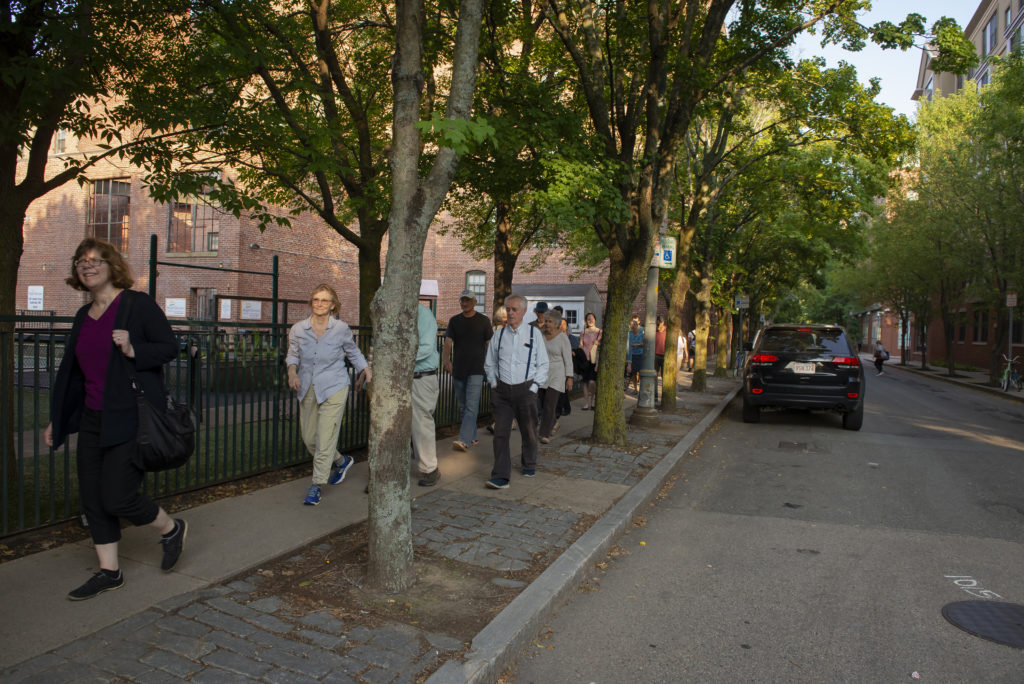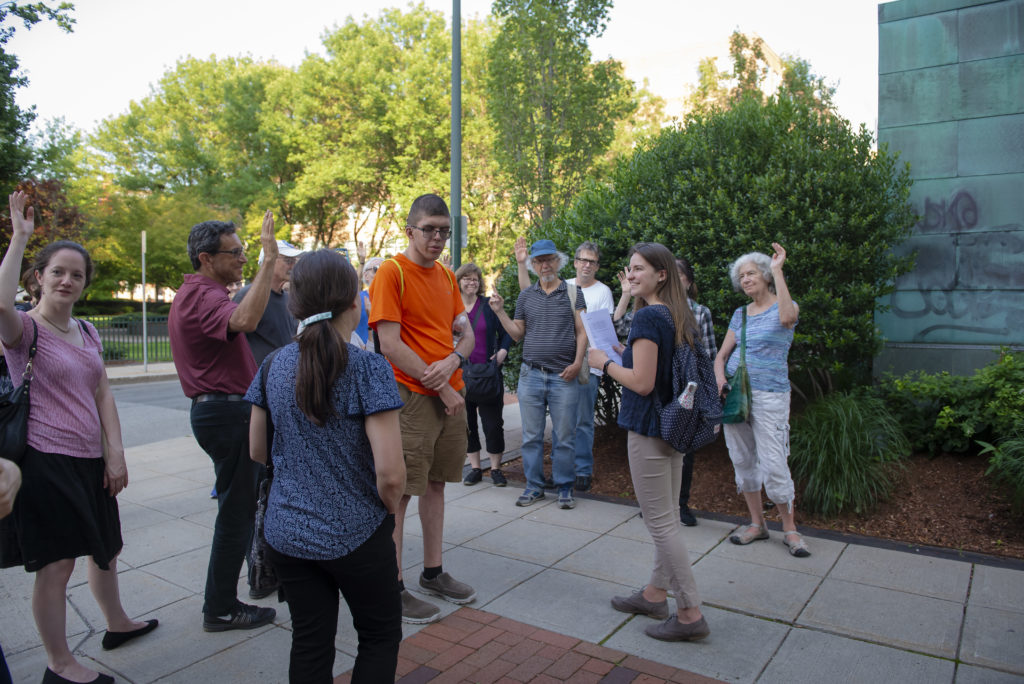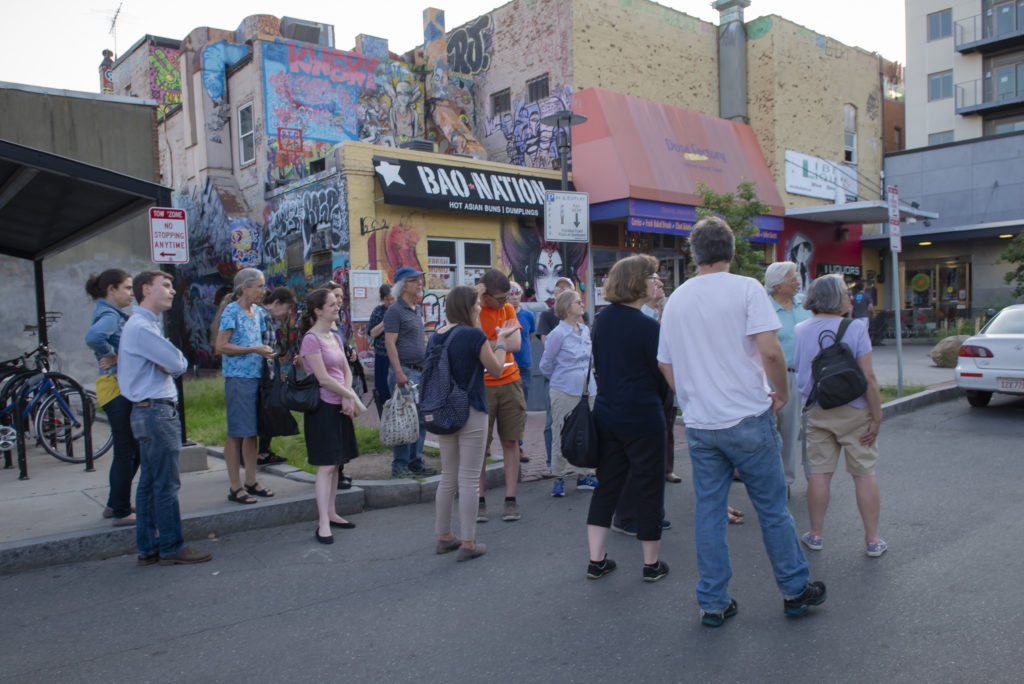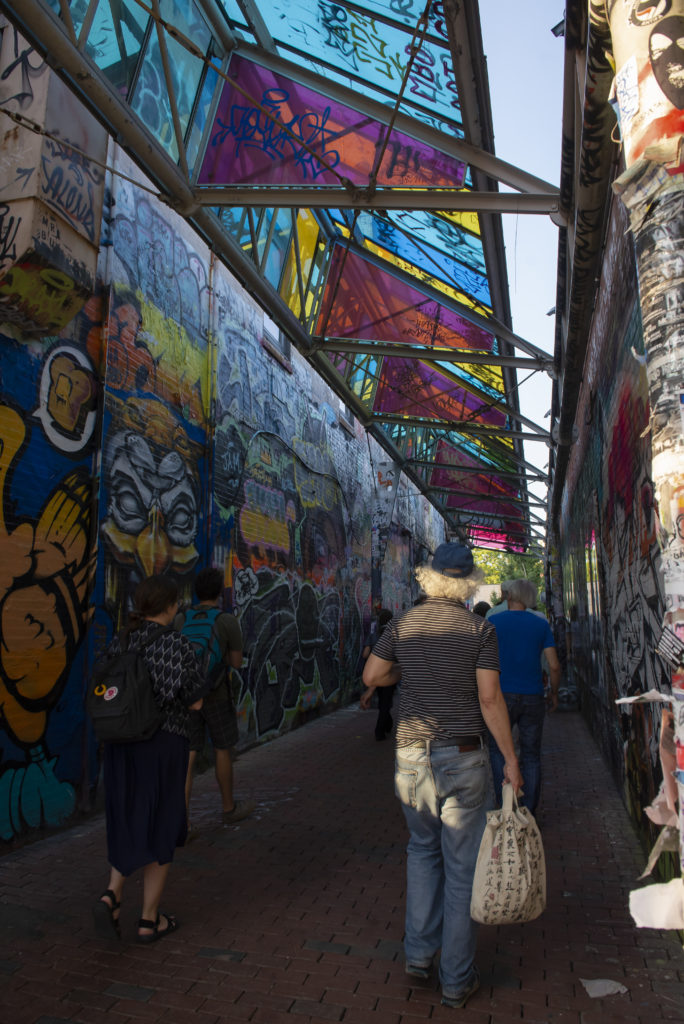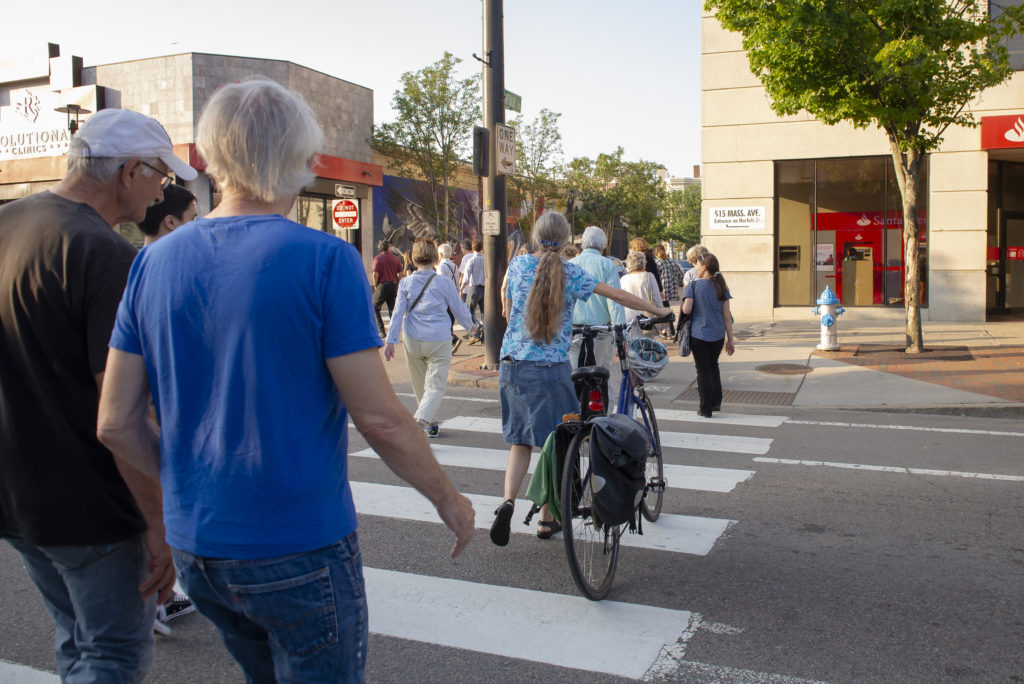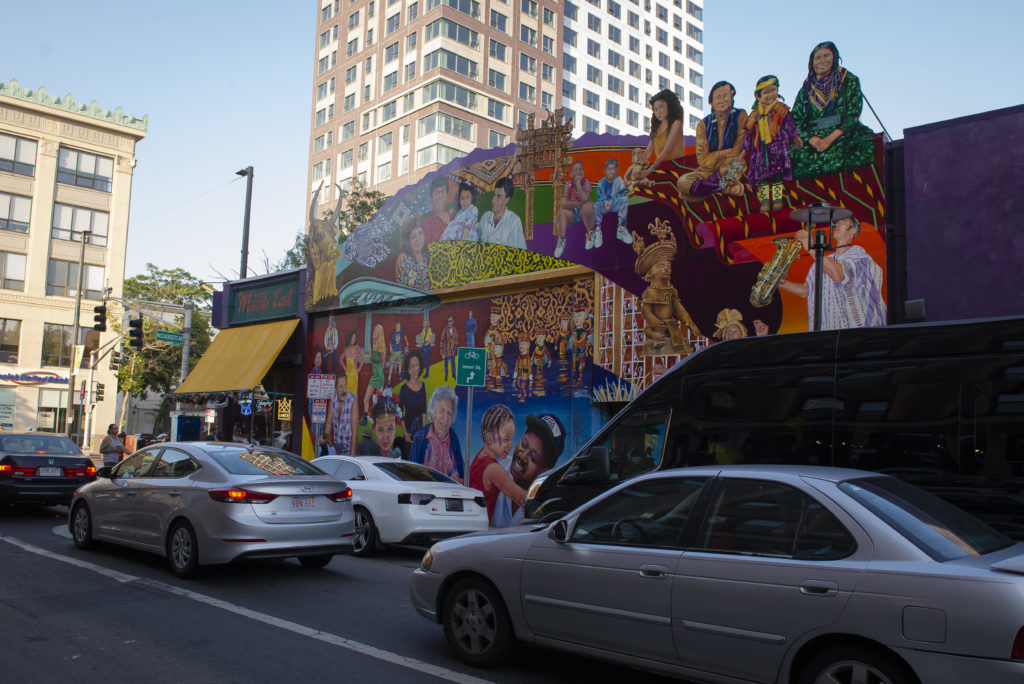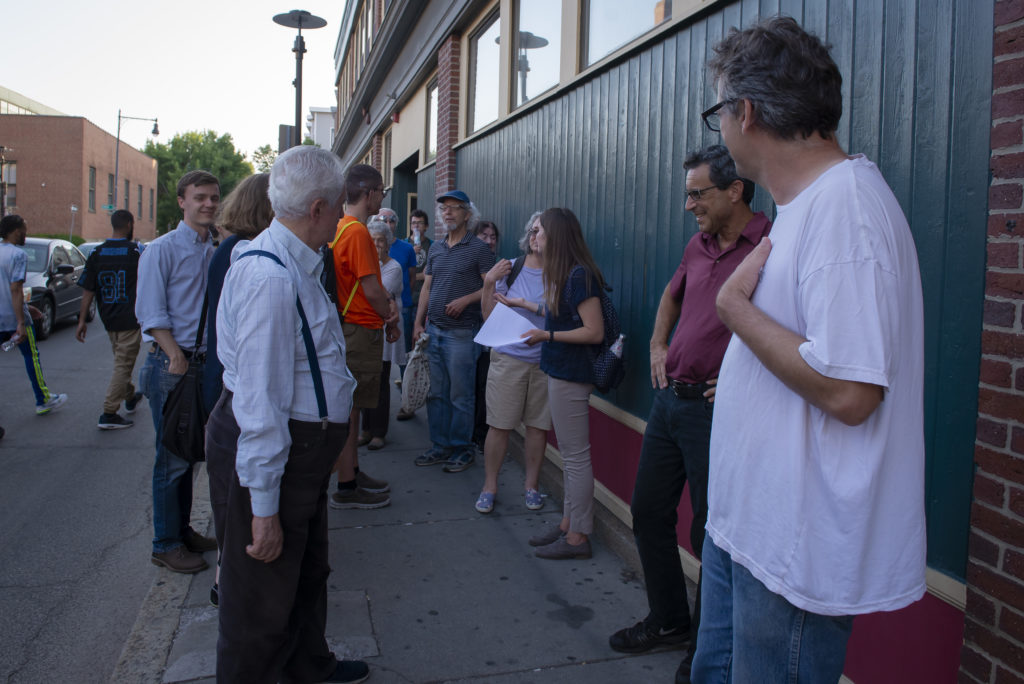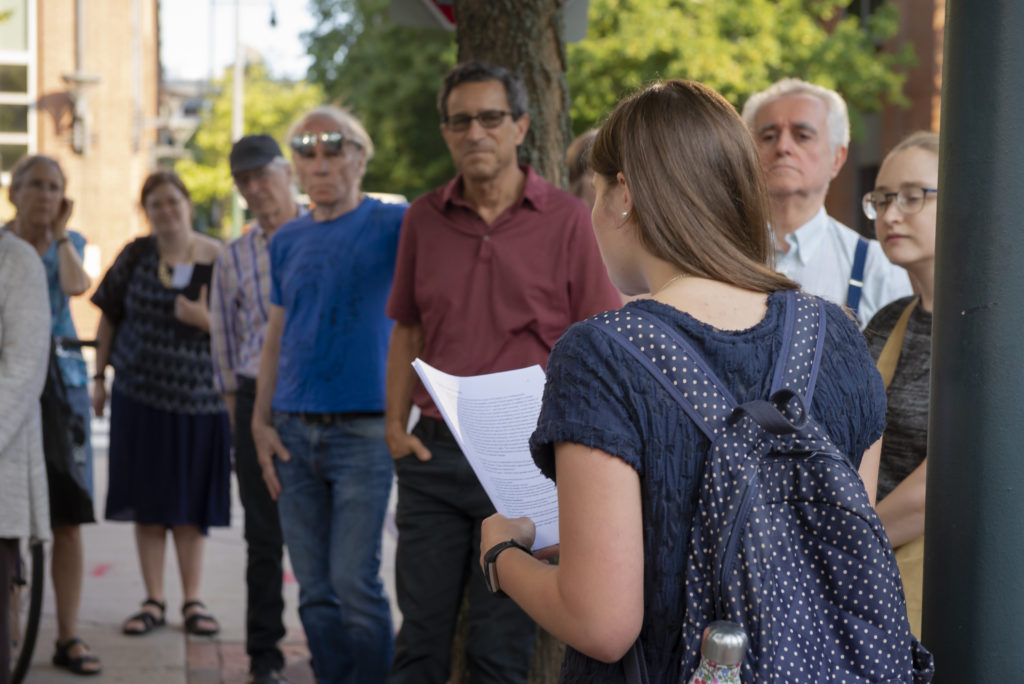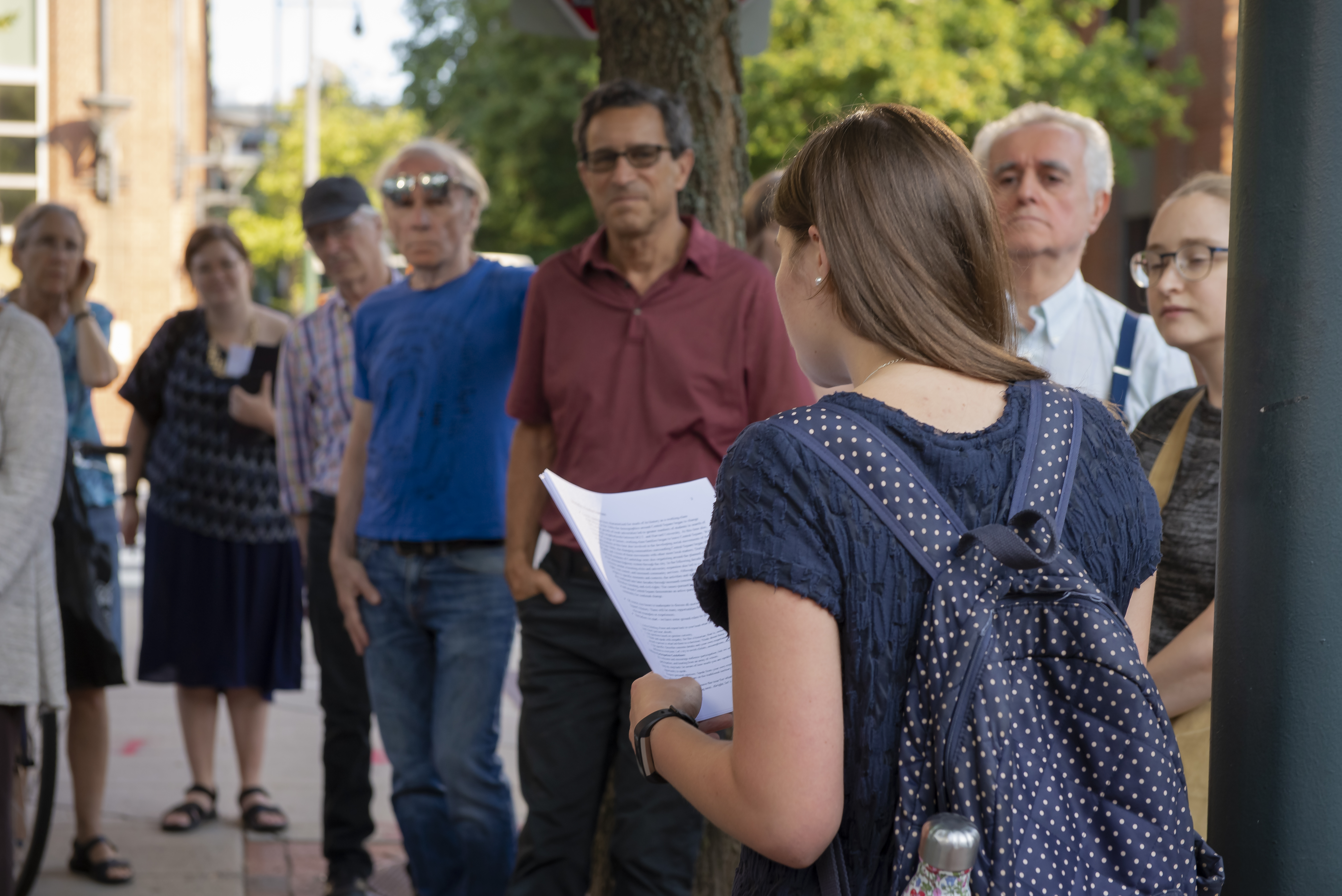
Recap of History Tour 2019: Central Square Activism from the 1960s to Now
Fri April 4, 2025
Thank you to all who joined us for an engaging walking tour through Central Square with CHS intern Amelia Zurcher. Offered on July 25th and 27th, the tours welcomed nearly fifty attendees in total. As participants walked from Sidney Street to Bigelow Street over the course of the tour, they discussed the history of activism in the Central Square area and compared their own perspectives and experiences.
The tour started at the corner of Sidney Place and Green Street, where Zurcher provided an overview of Central Square activism over the past 60 years and its impact on community engagement in the city. She emphasized the importance of Central Square’s location between two major universities, four neighborhoods, and Cambridge City Hall, and explained how the decades following the 1960s brought new issues and forms of activism to the city. She pointed out how local concerns, such as housing shortages and changing demographics, intersected with national and international movements, such as women’s rights, the Vietnam War, and civil rights.
The tour began near the site of the Simplex Steering Committee protests that took place between the 1970s and the 1990s. Zurcher described how diminishing numbers of blue-collar jobs, increased university expansion, and a growing shortage of housing in the Cambridgeport area led to community-organized protests around the MIT-operated site of the former Simplex Wire and Cable Company. Zurcher also provided examples of activism by students and administrative workers who participated in anti-war demonstrations at Harvard University and MIT. She spoke about the feminist and social justice-oriented Boston Women’s Community Radio that operated between the early 1970s and the 1990s. Tour participants shared reflections on their own experiences from this time related to both housing and Cambridge universities, including memories of the Simplex Steering Committee and the 1967-1972 student protests at MIT and Harvard University.
The next two stops on the tour explored the relationship between art and activism in Central Square, as reflected in murals, community art, and theater. The tour stopped first at the 1992 Crosswinds mural by Daniel Galvez at the intersection of Brookline Street and Massachusetts Avenue. Standing in front of the 1994 Potluck mural by David Fichter, Zurcher highlighted the contributions of Cambridge’s youth in building community and advancing causes, as demonstrated through organizations such as the Community Art Center and Central Square Theater. Attendees discussed the importance of graffiti in expressing current public sentiment, both before and after the creation of a public graffiti alley. Participants expressed varying impressions of the value of community art in Central Square, and discussed the roles of puppet shows and protest music in political and social engagement.
Arriving next at the corner of Pearl Street and Green Street, the tour turned toward the history of organizations that formed between the 1960s and 1970s. At this location, Zurcher discussed an earlier activist landscape where dozens of organizations, small businesses, and politically engaged groups organized in buildings on Massachusetts Avenue and its neighboring streets. Examples included the cooperatively-run 100 Flowers Bookstore Shop and New Community Projects on Pearl Street, as well as the radical anti-war newspaper the Old Mole on Brookline Street. Several people shared memories of reading radical newspapers of the time, such as Sojourner and Second Wave. Others recalled the formation of earlier co-ops, including the Cambridge Food Co-op, that operated first out of people’s homes before moving to Massachusetts Avenue.
Many of the organizations and businesses discussed have since disappeared, but their influence lives on. Stopping next at the Women’s Center, Zurcher explained how the Center, founded in 1971, drew inspiration from earlier Central Square organizations and demonstrations against university expansion in the Riverside neighborhood. The Women’s Center, as described by Zurcher, has shifted its focus over time from educational to community services and spaces. The discussion turned to other examples of local activism related to women’s issues and rights near Central Square, such as the domestic violence center Transition House that grew out of meetings at the Center. Several tour participants recalled attending protests and classes offered by the Women’s Center in its early years.
The walking tour ended at Cambridge City Hall where discussion turned to the roles played by city government and community service organizations in promoting and provoking engagement. Zurcher highlighted moments of activism related to local politics in Central Square, using the example of the 1970s march on City Hall when protesters demanded that more city jobs be filled by black residents of Cambridge. Zurcher distributed photographs taken by Olive Pierce at the City Council meetings of the early 1970s. These images, taken during discussions of rent control and police brutality, illustrate a time of active participation by youth and city residents in creating political change.
In closing, Zurcher argued that Central Square plays a symbolic role as a shared space for community-building in Cambridge due in part to its proximity to City Hall. Examples included the Cambridge Lavender Alliance, the LGBTQ+ Commission’s Annual Pride Brunch, and the celebration of marriage equality after 227 marriage licenses were issued to same-sex couples on May 17, 2004. At the tour’s end, attendees reflected on the successes and failures of local activism over the years, their own current activism in relationship to earlier efforts, and the issues that will be pursued by future generations of Cantabrigians.
We thank all who attended the walking tours for their active participation and contributions to the conversation through listening and sharing their personal histories. If you are interested in exploring this history more on your own, look out for the downloadable version of the tour that will be available on our website in September.
Photos by Marissa Kramer Photography
- Thursday, July 25, 6:00-8:00 PM
- Saturday, July 27, 10:00 AM-12:00 PM
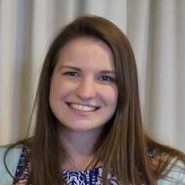
Amelia Zurcher is a 2019 graduate of the history master’s program at the University of Massachusetts Amherst, where she studied public history and early American history.

